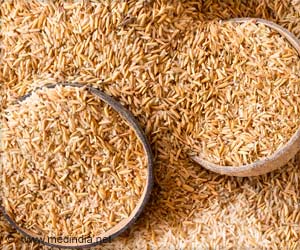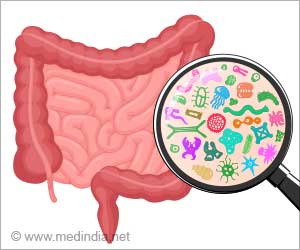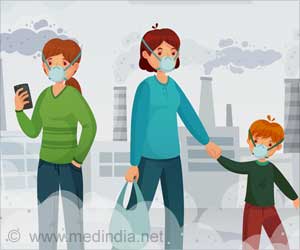consuming 1000 International Units (IU) of vitamin D3 can reduce the risk of developing colon cancer, breast cancer and ovarian cancer.
Researchers at the Moores Cancer Center at the University of California, San Diego (UCSD) Medical Center report that consuming 1000 International Units (IU) of vitamin D3 can reduce the risk of developing colon cancer, breast cancer and ovarian cancer.
"For example, breast cancer will strike one in eight American women in their lifetime. Early detection using mammography reduces mortality rates by approximately 20 percent. But use of vitamin D might prevent this cancer in the first place," said study co-author Cedric F. Garland, who is a professor at the Department of Family and Preventive Medicine at the UCSD School of Medicine. The same research team had earlier published a study in the December 2005 Journal of Steroid Biochemistry and Molecular Biology, linking vitamin D deficiency to heightened risk of colon cancer. The researchers say that this deficiency is also found in breast and ovarian cancers.These conclusions have been arrived at after an exhaustive review of studied on vitamin D and risk of cancer that were conducted between January 1966 and December 2004. A total of 63 studies were assessed among which 30 were of colon cancer, 13 of breast cancer, 26 of prostate cancer and 7 concerned ovarian cancers. "Primary prevention of these cancers has largely been neglected, but we now have proof that the incidence of colon, breast, and ovarian cancer can be reduced dramatically by increasing the public's intake of vitamin D," Professor Garland said. The researchers are calling for concerted public action to see that adequate amounts of Vitamin D are consumed by the population. "We recommend no more than 15 minutes of exposure daily over 40 percent of the body, other than the face, which should be protected from the sun," Garland said. The details of the study appear in the latest online edition of The American Journal of Public Health.
Cedric F. Garland, Edward D. Gorham, Sharif B. Mohr, and Frank C. Garland, affiliated with the Moores Cancer Center and the Department of Family and Preventive Medicine at UCSD School of Medicine; Martin Lipkin, Strang Cancer Prevention Center, New York; Harold L. Newmark, Rutgers, The State University of New Jersey and The Cancer Institute of New Jersey; and Michael F. Holick, Department of Medicine, Boston University School of Medicine are the co-authors of the paper.
Contact: Nancy Stringer
nstringer@ucsd.edu
619-543-6163
University of California - San Diego











